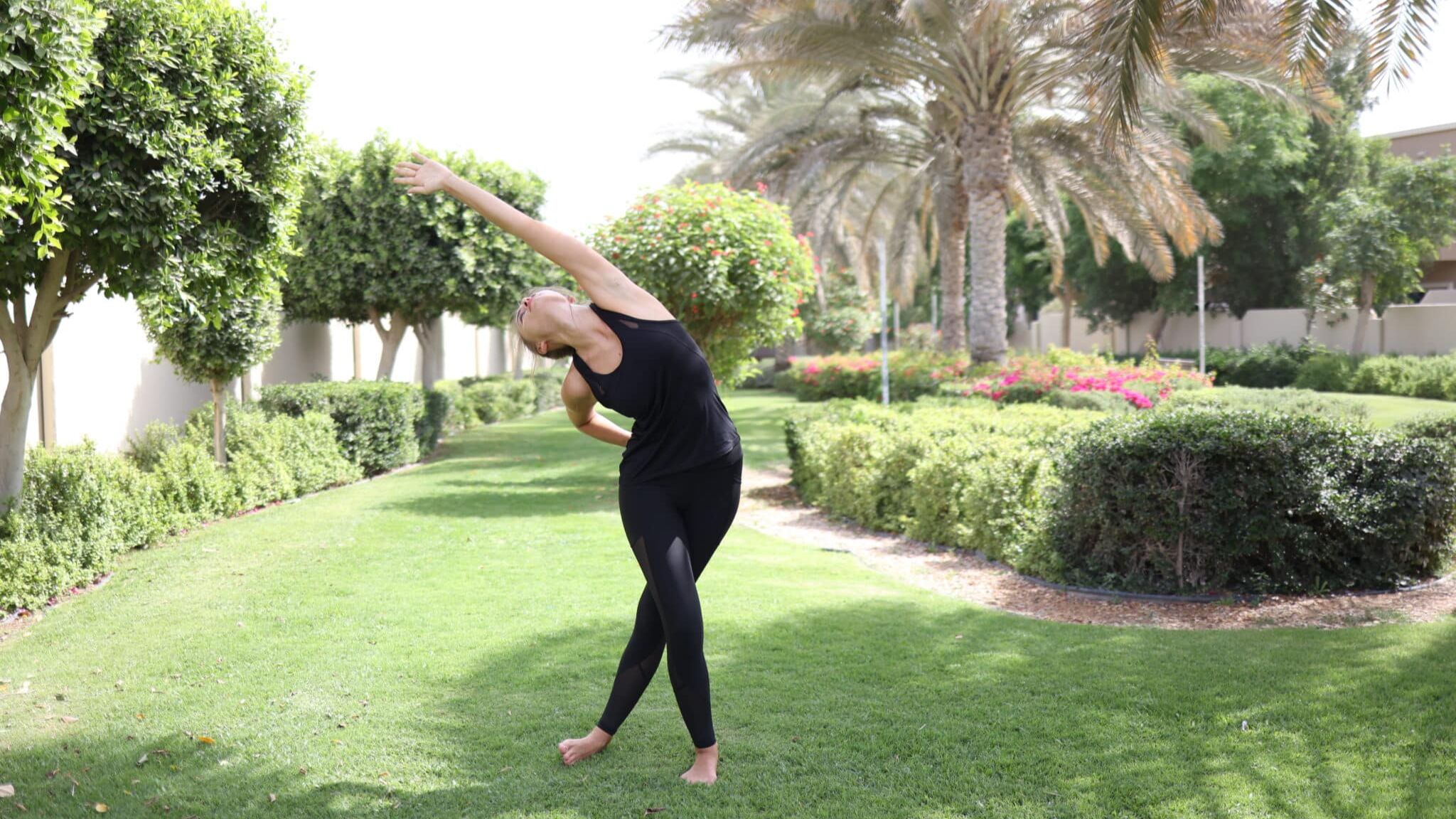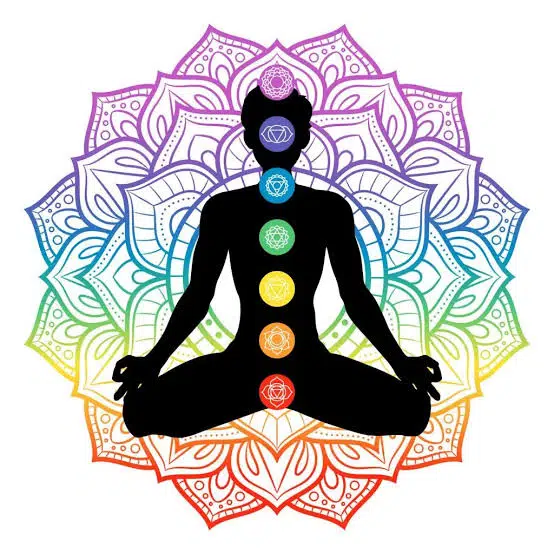
Meridian Qigong beginner’s guide
Feb 27, 2022What are Meridians?
In Chinese terms, Meridian is called Jingluo (經 絡, jing-low), which means “channel”. The 2nd character, 絡, means “net-like”. So meridian is "net-like" channels where qi flows. Meridians are energy channels that run throughout our body like river channels. This is related to Chakra in Yoga practices. Meridian Qigong plays a very powerful role in Qigong practices. We use meridian to clear blocked "Chakras" or energy centers around the organs and the whole body.
Meridian Qigong's effect in our body
In Daoist Qigong, the organs are the main storage and distribution point of energy throughout the body. This is almost similar to the 7 energetic centers that run from the base of the spine to the top of the head.
In addition to this, our body's circulation is greatly controlled by Meridians. So, if the meridians are not activated and open for the "Qi" energy to freely flow within, then our system will not work well. Hence, the pain in different areas of the body, depressed mood, and sickness that potentially be life-threatening in the long run. Therefore, it is very important to keep our energy channels "alive" and free of blockages.

The Channels of Meridians
Meridians have two categories the jingmai (經脈, meridian channels) and the luomai (絡脈, this is also known as "collaterals"). These are both very different, however, they work together to make our bodies efficient.
Jingmai
- 12 principal meridians
- 12 divergent meridians
- 8 extraordinary vessels
Luomai
- The 15 Connecting Collaterals
- The Muscular Collaterals
- The Superficial Collaterals
So, with the categories above, how do know which organ are we activating? In western medicine, our bodies have a lot of parts, especially if we talk about human anatomy. This is the same with Chinese Medicine but easier to understand. For us to fully understand how the meridian works in our body, we need to dig a little deeper into its parts and networks.
12 Prinicipal Meridians
According to Chinese Medicine the 12 standard meridians, similarly, known as Principal Meridians, are channels. These channels are working like networks under 12 specific Meridian that connects with internal organs.
- Taiyin - This connects with the Lung Channel of the Hand (手太阴肺经)
- Shaoyin - This connects with the Heart Channel of the Hand (手少阴心经)
- Jueyin - This connects with the Pericardium Channel of the Hand (手厥阴心包经)
- Shaoyang - This connects with the Sanjiao Channel of the Hand (手少阳三焦经)
- Taiyang - This connects with the Small Intestine Channel of the Hand (手太阳小肠经)
- Yangming - This connects with the Large Intestine Channel of the Hand (手阳明大肠经)
- Taiyin - This connects with the Spleen Channel of the Foot (足太阴脾经)
- Shaoyin - This connects with the Kidney Channel of the Foot (足少阴肾经)
- Jueyin - This connects with the Liver Channel of the Foot (足厥阴肝经)
- Shaoyang - This connects with the Gallbladder Channel of the Foot (足少阳胆经)
- Taiyang - This connects with the Bladder Channel of the Foot (足太阳膀胱经)
- Yangming - This connects with the Stomach Channel of the Foot (足阳明胃经)
The Meridian Organs
In Chinese Medicine, the organ-meridian connection is called Zang-Fu (臟腑). In Zang-Fu's theory, the organs that relate to the meridian have 2 groups too. These are the Yin and Yang groups.
Yin Organs
- Heart
- Liver
- Spleen
- Lung
- Kidney
- Pericardium
Yang Organs
- Small Intestine
- Large Intestine
- Gallbladder
- Urinary Bladder
- Stomach
- Sanjiao.
The organs are physical organs of the body. However, in Chinese Medicine, the organ is not simply an organ but a system of Meridians. Similarly, when we do Qigong, we are not just massaging one organ but activating the meridians of that organ. For example, when we do 5 Element Crane Qigong, this activates the Heart Meridian. However, it is not just talking about the organ "heart" but it is talking about the system of the heart which is the circulatory system in western medicine and so much more. In short, the Meridian is NOT an organ but a system. It's like a network of organs.
The 8 Extraordinary Meridians
The 8 extraordinary meridians are also what we know as Vessels. These meridians act as a storage tank of Qi. They regulate and boost the circulation of Qi in our bodies. However, these Meridians do not have any organ connection, unlike the 12 Meridians. In other words, it is not connected to any internal organ. But it supports the 12 Meridians.
- Conception Vessel (Ren Mai, 任脈)
- Governing Vessel (Du Mai, 督脈)
- Penetrating Vessel (Chong Mai, 衝脈)
- Girdle Vessel (Dai Mai, 帶脈)
- Yin Linking vessel (Yin Wei Mai, 陰維脈)
- Yang Linking vessel (Yang Wei Mai,陽維脈)
- Yin Heel Vessel (Yin Qiao Mai, 陰蹻脈)
- Yang Heel Vessel (Yang Qiao Mai, 陽蹻脈)
Why are Meridian Qigong Practices important?
With the everyday hustle and bustle of this generation, most of us are glued to our desks or office chairs for more than 6 hours a day. As a result, we feel numb, tingling sensations on our back, shoulders, and hips. In addition to this, I can even feel stiff, and as if there is a heavy boulder on my shoulders. It's like weighing down my entire body and then fatigue sets in. Imagine energy as water and meridians are the channels and rivers in the body.
As a result, the water will swell if there are blockages in our "rivers". Subsequently, there are Meridian Qigong exercises that can help ease that pain. Meridian Qigong helps ease and restore health by restoring and freeing our energy centers of blockages. In addition to this, the organs that hold and distribute the energy have new flowing energy to work on for our body to use up. So, it is important to maintain a "clear path" for our energy to flow.
Digging deeper into Meridian
We have big chunks of meridian lessons to chew on today. But are you satisfied with that? Do you still want to learn more about meridian? Well, if you certainly do, then the Teacher Training is for you!
Achieve your optimal health, boost your immune system and improve mood with Meridian Qigong. Learn the foundational and the science behind Meridians with Meridian Qigong Teacher Training.

Meridian Qigong exercises
Here are some Meridian Qigong exercises that can help you reduce stress, alleviate pain, and more.
- Girdle vessel - This is good for the lumbar area. This can help reduce pain related to sciatica, back pain. This is certainly good abdominal distention also.
- Heavenly Pillar - This has 4 forms, and each has a different focus area. This is good with activating meridians in the arms and hands. This is good with upper back pain, headaches, digestive pains also. As a result, the movement releases tension around the spine and shoulders.
- Wrist and Ankle Flossing - This is good with untangling the nerves around the wrist and ankles.
- Separating Heaven and Earth - This form triggers the peristaltic action in the intestines. Most importantly, it massages the bladder, spleen, and liver.
- Eagle Spread its Wings - This starts up the muscles on the back (latissimus dorsi) massages the liver and the spleen.

End note
Therefore, we learned that Meridians are not organs but a system where the organ is set. In addition to this, meridians are channels of energy. Secondly, the 12 Meridians have relative organs while the 8 Extraordinary Meridians don't. However, both works together in our body. And lastly, our organs are represented with elements that will be discussed further in the Meridian Qigong Teacher Training.



